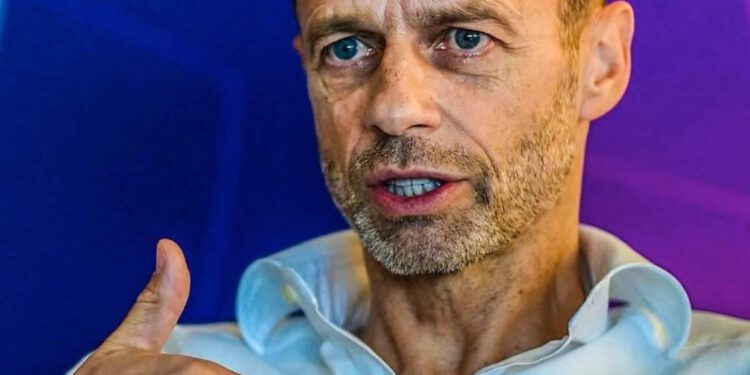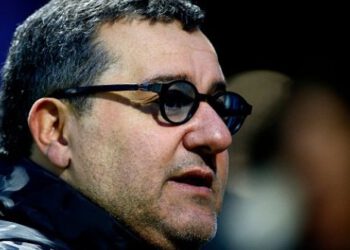In the ever-evolving world of football, one thing remains constant: the tug-of-war between maintaining players’ health and meeting the financial demands of the sport. UEFA President Aleksander Čeferin recently opened up about the pressures facing football, highlighting a delicate balance that affects everything from the number of matches to player salaries.
“If we were to reduce the number of matches, we would end up with the result that the salaries of football players would also fall,” Čeferin explained. It’s a tricky dilemma, he said. Fewer matches would reduce club revenues, which are directly tied to players’ pay. “It’s a vicious cycle.”
Čeferin spoke passionately about the current saturation of matches. “The rhythm of matches for football players is already at the upper limit,” he said. Players train rigorously to be at their peak, yet they are often asked to play in demanding back-to-back fixtures. And with the upcoming Club World Cup, scheduled every four years for a five-week stretch after the season ends, things could get even more intense.
Adding to the complexity, Europe’s top clubs see the potential financial benefits of the expanded Club World Cup. For clubs, new competitions like this would mean more broadcast rights and sponsorships, ultimately enabling them to afford top salaries for players. However, the grind of constant games places pressure on players’ bodies, potentially leading to burnout or injuries.
The Professional Footballers’ Association, alongside European leagues, has already filed a lawsuit against FIFA, challenging the additional burden the expanded Club World Cup will place on players. The legal action signals how serious these stakeholders are about protecting players’ health and longevity in the sport.
In Čeferin’s eyes, a compromise must be found. “It will be necessary to sit down with the professional footballers’ union and find out what they want,” he said, emphasizing the importance of player voices in any decisions made. Čeferin suggests that without cutting down the number of games, the cycle could become relentless.
As football evolves, UEFA faces the challenge of finding a path that respects players’ well-being while sustaining the clubs’ economic engine. The future of football, Čeferin suggests, may not lie in adding more tournaments or bigger spectacles, but in striking a balance—a balance that safeguards the spirit of the game and the players who bring it to life.





















